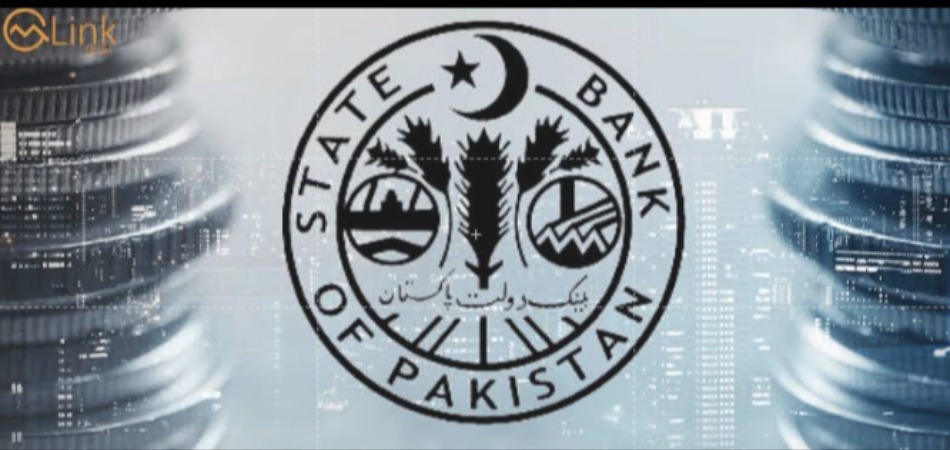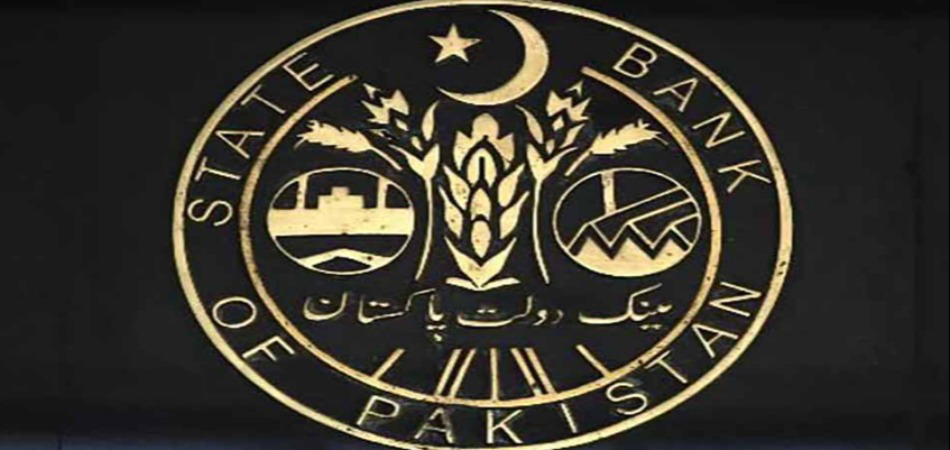Pakistan’s textile export order book is full till next June: CEO Lucky Cement
.jpeg)
MG News | November 03, 2020 at 05:09 PM GMT+05:00
November 03, 2020 (MLN): Pakistan’s textile export orders are booked till next June with 110%-120% capacity utilization as a significant recovery from COVID-19, and the US-China trade war led the global buyers to divert their orders to Pakistan.
The year, 2020, is a significant moment for Pakistan’s economy as there has indeed a real improvement on the external front wherein exports’ growth has been remarkable post-COVID-19, thanks to the government’s well-chronicled struggles with the pandemic.
Mr Muhammad Ali Tabba, CEO of Lucky Cement shared his views on Pakistan’s economy, the challenges as well as future outlook during a media interview.
While talking about the pandemic, he appreciated the government’s support in the industry. He said, ‘I have never seen in my 27 years of business career such a big support from the government in order to boost the confidence of business community’.
He highlighted the way govt or State bank of Pakistan worked to improve the financial health of the businesses in times of COVID-19, that is commendable which include; providing a mark-up subsidy in payroll, introducing a tough financing facility for 10 years on a very low-interest rate to business for expansion and BMR. The Ministry of Finance also joint hands to help exporters by releasing funds under the DLTL.
When asked about export order booking for several months, he said ‘textile export orders are booked till June, wherein we are working on 110% -120% capacity utilization. We are no more taking orders due to full capacity.’ He mentioned that Pakistan has got an edge or preference due to the trade war between the US & China along with significant improvement in recovery from the pandemic, resulting in higher export orders.
Speaking of growth and expansion, he said that Pakistan has an export potential of 26 billion dollars given the infrastructure and plant and machinery. To move towards expansion, he said that export growth must exceed from $26 billion. He pinpointed, ‘we must focus to increase our manufacturing export to 40 billion dollars wherein textile contribution must be $24 billion.’
Shedding some light on the growth, he said this growth will not be achieved in a year. It will take 5 to 7 years as there are many challenges that have to be unlocked. ‘We are not working at full potential level’, he added.
The economy is on right track but maintaining the economic momentum is seen as potentially a game-changer. To consolidate this momentum, he identified that the agriculture sector has to be revived by making a long-term policy as rain, locust attacks have been the regular glitches of this sector. He put forward some serious suggestions which will result in an increase in the disposable income of rural regions, hence raising the standard of living. The challenges facing by the agriculture sector are low productivity and shortage of water-reservoirs. He said, ‘we need to engage agriculture experts for increasing the productivity of the land as, this year, we will import 6 to 7 billion dollars agriculture commodities which can be locally substituted.’
Regarding circular debt, which is considered a black hole, Mr Muhammad Ali said, ‘energy sector needs to be deregulated. Prime Minister, Imran Khan, himself, has taken up the issue of setting up LNG terminals in Pakistan.’ He suggested that the available capacity in the existing gas pipeline structure of Sui Northern and Sui Southern must be given to new LNG terminals to transport their imported gas. Another gas institution will create competition and fulfill the needs of the private sector.
Another facet of this crisis is Electricity, govt engaged IPPs wherein they renegotiated tariffs. This will bring only 20% improvement while 80% improvement will come up if the government ends its control over state-owned electricity distribution companies (DISCOs) by running them under public-private partnerships to overcome this debt crisis.
The CEO of Lucky Cement has advised the Federal Government to sanction the sale of its 51% stake in DISCOs to foreign investors by making a consortium. Under this public-private partnership, these DISCOs will be reformed, resulting in the breaking of the Monopoly.
He concluded that a long-term policy is needed to make Pakistan a manufacturing hub that will create jobs, bringing export competitiveness.
Copyright Mettis Link News
Related News
| Name | Price/Vol | %Chg/NChg |
|---|---|---|
| KSE100 | 138,412.25 167.69M | 0.32% 447.43 |
| ALLSHR | 85,702.96 423.92M | 0.15% 131.52 |
| KSE30 | 42,254.84 82.09M | 0.43% 180.24 |
| KMI30 | 194,109.59 84.37M | 0.15% 281.36 |
| KMIALLSHR | 56,713.67 217.03M | 0.03% 16.37 |
| BKTi | 37,831.34 13.04M | 1.62% 603.62 |
| OGTi | 27,440.63 3.93M | -0.09% -23.70 |
| Symbol | Bid/Ask | High/Low |
|---|
| Name | Last | High/Low | Chg/%Chg |
|---|---|---|---|
| BITCOIN FUTURES | 118,350.00 | 119,440.00 118,145.00 | 55.00 0.05% |
| BRENT CRUDE | 72.90 | 73.17 71.75 | 0.39 0.54% |
| RICHARDS BAY COAL MONTHLY | 96.50 | 0.00 0.00 | 2.20 2.33% |
| ROTTERDAM COAL MONTHLY | 104.50 | 104.50 104.50 | -0.30 -0.29% |
| USD RBD PALM OLEIN | 998.50 | 998.50 998.50 | 0.00 0.00% |
| CRUDE OIL - WTI | 69.66 | 69.79 68.45 | 0.45 0.65% |
| SUGAR #11 WORLD | 16.45 | 16.58 16.37 | -0.14 -0.84% |
Chart of the Day
Latest News
Top 5 things to watch in this week
Pakistan Stock Movers
| Name | Last | Chg/%Chg |
|---|
| Name | Last | Chg/%Chg |
|---|



